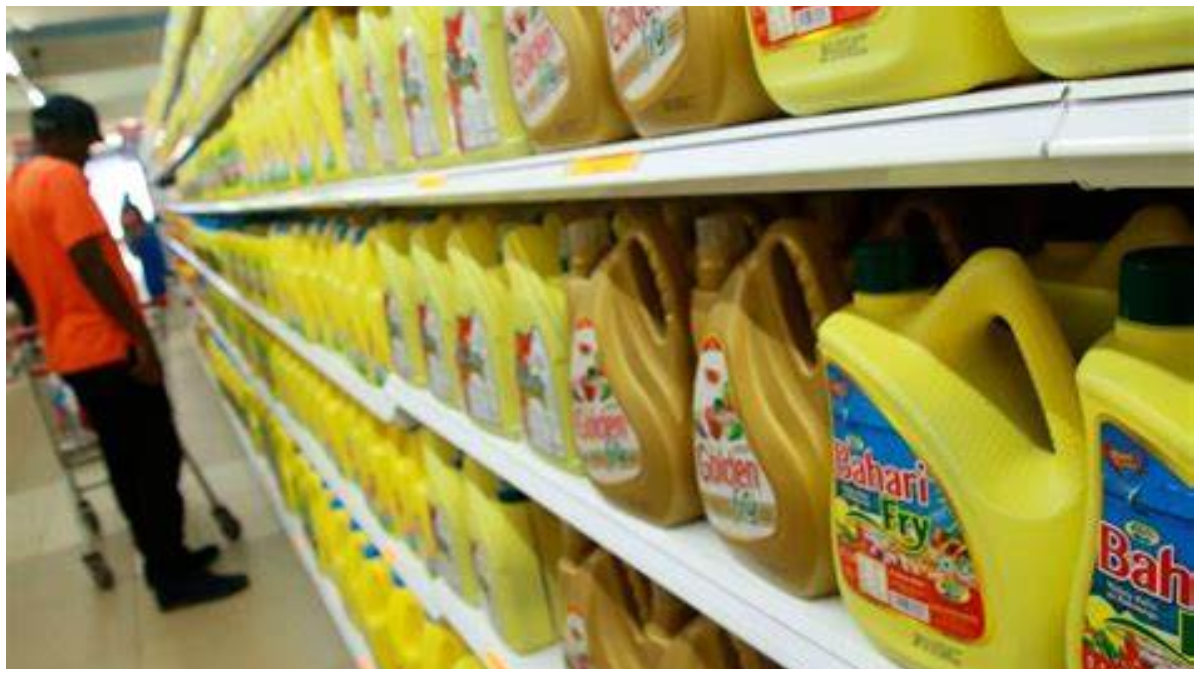The Edible Oil Manufacturers Association of Kenya have opposed the new proposed tax measures as they will scale up cooking oil prices by 80 per cent.
The proposed 2024 Finance Bill seeks to impose a 25 percent excise duty on vegetable oils. The association describes this as a “potential humanitarian crisis that Kenya cannot afford.”
In a statement released on Sunday, the association said the duty, which targets both raw materials and refined cooking oils, will make the commodity too costly and out of reach for majority of Kenyans.
“If implemented, this excise duty will trigger an unprecedented surge in the price of cooking oil, a staple in Kenyan households,”. “The cost of this essential commodity is projected to skyrocket by 80%, rendering it unaffordable for millions of Kenya.” read part of their statement.
Tuesday, May 28 will mark the deadline for public participation in the proposed 2024 Finance bill.
The increase is expected to trigger a chain reaction where the prices of other essential goods will also be significantly higher.
“The excise duty will cause a cascading effect on these items, inflating the price of a standard loaf of bread (400g) from Kshs 70 to Kshs 80. The price of a long bar soap could escalate from Kshs 180 to Kshs 270, and margarine (250g) from Kshs 160 to a staggering Kshs 300,” the association stated.
The bill is also predicted to have far reaching effects according to the officials, as many Kenyans may potentially be left unemployed if the terms are to be implemented.
“Moreover, the edible oils sector is a significant contributor to Kenya’s economy, directly employing approximately 10,000 individuals and indirectly supporting over 30,000 jobs. The proposed tax risks decimating these livelihoods and destabilizing the manufacturing industry at large,” the statement continued.
They claim that the 25 percent excise duty tax on vegetable oils will hinder the manufacturing of edible oils locally, hence they want it removed. They described it as going against the national agricultural policy to support local value addition.
The Kenya Bankers Association, the Association of Kenya Insurers, and digital lenders are also among those that oppose the tax provisions included in the bill.












